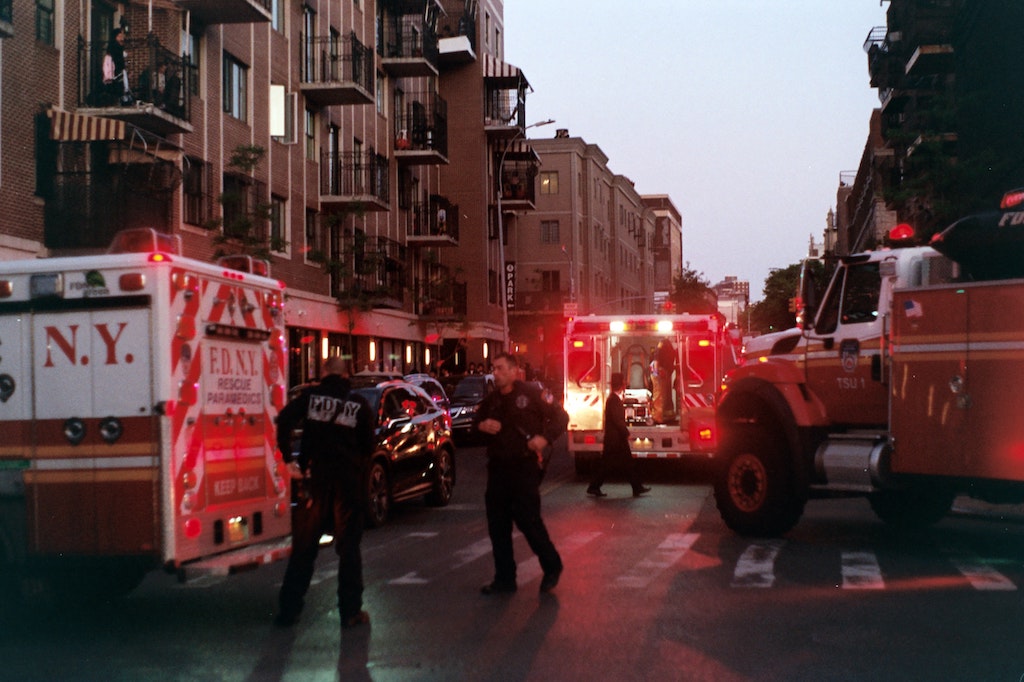Key Skills to Have for 911 Dispatcher Practice Test

Before you get hired as a 911 dispatcher and receive official training, the employer first tests your underlying skills through the 911 Dispatcher Practice Test. Beyond your special skills and abilities, your computer skills are also tested because you will be keying in a lot of data while on the phone and after.
Your special skills might not be inborn, but you might have acquired them from school or experience in real-life situations. To help you pass the test, you need to improve the following skills.
Multitasking skills
The 911 Dispatcher practice test does not test on your level of education although you must be schooled to become a dispatcher. You are tested on personal abilities like how to make decisions fast and how to handle several tasks at the same time.
Multitasking is something you can practice from home, college, or your current place of work until you perfect it. If you get hired, your station telephone line might never stop ringing call after call. You must record all information from each call correctly, call another department for help and continue receiving other calls. You must be a multitasker and this is one area you will be tested in.
Data entry skills
Data entry skills is another quality that helps you pass the 911 Dispatcher Practice Test. You will be listening to live calls, recorded calls, and written data that you must enter into a computer correctly. There will be communication with the police department, fire department, children department, and so on.
Each communication must be recorded because the information might be required as a witness in court or you might require the information to give correct direction to the victim. To help you improve your data entry skills, you must do a lot of practice, study materials, and prepare for SLE test, which is a test to help you get ready for the 911 Dispatcher Practice Test.
Reading and oral comprehension skills
Reading Comprehension skills will test if you can read, understand the details in the sentence or paragraph and remember them after a few minutes or hours later. Oral comprehensions are your ability to listen to spoken information, understand clearly what is being said and key in the details into the computer fast.
Probably you should try transcribing to improve your oral comprehension skills. You should practice reading paragraphs and answer questions from them because if you get hired, you will be dealing with real-life situations and you must understand what is being spoken.
Map reading skills
Map reading is about the geography of areas, especially the area you will be stationed in if you get the job. You must know directions clearly and be able to read the shortest routes to a place or the government department that is located nearest to the area where help is needed.
Numerical skills
When answering the math questions, your employer will be looking for your skills to do simple calculations in terms of distance, time, percentage, probability, and so on. The online sample tests have sections that test your math skills and they are not difficult to do.
Orientation to details
A caller might be in critical distress and they have less than a minute to call 911 before that gangster reaches them, before a house collapses or before they pass out due to an accident. You must capture every detail fast without having to keep telling the victim to give you their name again, repeat their location, and so on.
You must practice hearing something once and grab the important details immediately. If the caller is safe, you can investigate further and ask for finer details without putting them at further risk.
High-level self-control
You will be receiving calls and some of the situations can be disheartening or shocking. Your work is to offer help and not to be carried away emotionally. You will be tested in this area because it will determine if you can handle the worst-case scenarios and stand strong.
Team working skills
As a 911 dispatcher, you will be working with a large team of people at any given time. You will collaborate with professionals like doctors, firefighters, police, and so on. You will also be frequently contacting the victim’s family members and sometimes neighbors. It might be hard for you to pass the test if you are not skilled in working in teams.









